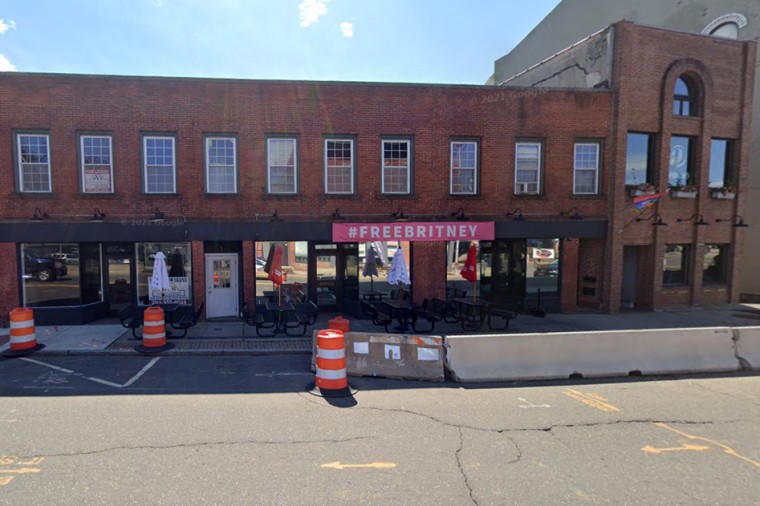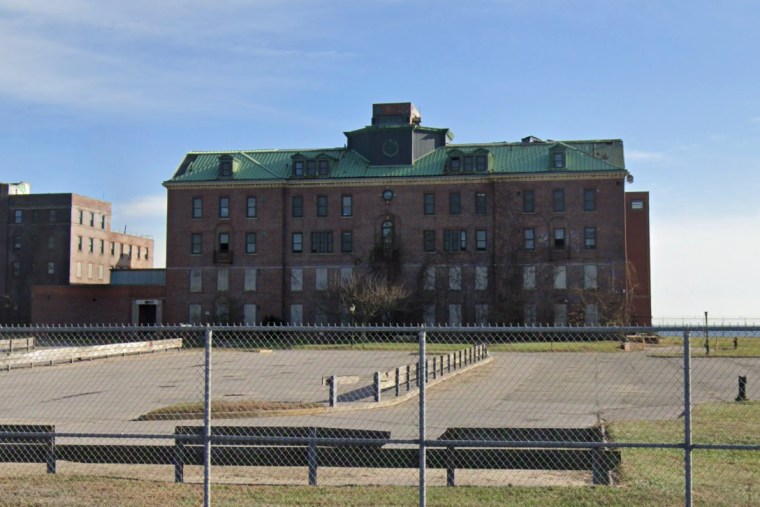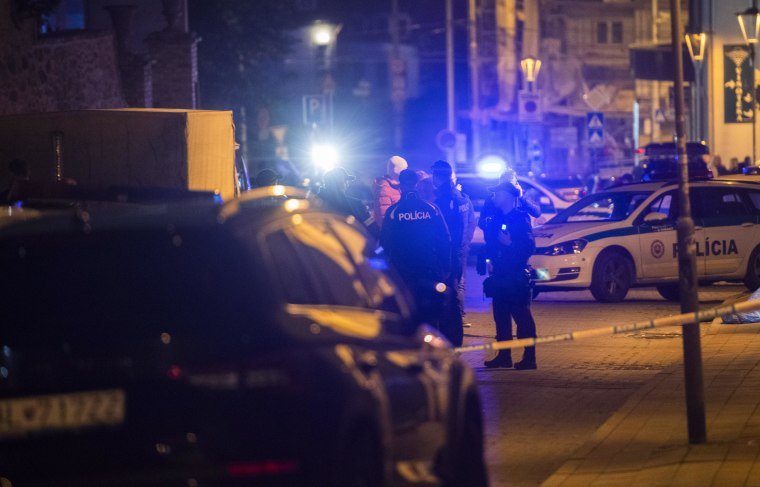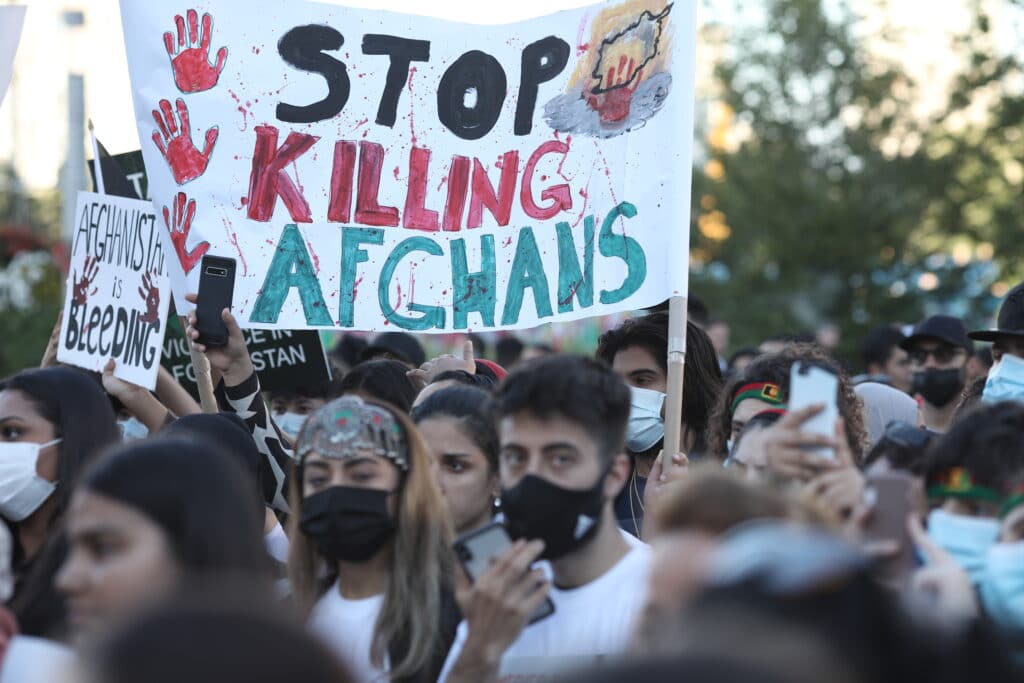Gay couple beaten and bloodied outside Connecticut gay bar
A gay couple was beaten and bloodied in front of the Connecticut gay bar they own. The two men say the incident was a hate crime, but local authorities disagree.
In a statement shared Tuesday, Casey Fitzpatrick said he and his husband, Nicholas Ruiz — the owners of Troupe429 in Norwalk, Connecticut — were violently assaulted by a male bar patron who also disparaged them with anti-LGBTQ slurs. The incident, which occurred in mid-September, resulted in Ruiz being sent to the hospital and requiring over 50 stitches across his face and $20,000’s worth of plastic surgery, Fitzpatrick said in the statement, which was published Tuesday on the bar’s website.
Fitzpatrick said the assault amounted to a hate crime and that the incident is “being mishandled” by the Norwalk Police Department.

“As of October 11, nearly two and a half weeks after the assault, no charges have been filed, nor has the suspect been arrested,” Fitzpatrick wrote. “We are asking for your help and support in seeking justice for Nicholas.”
The Norwalk Police Department announced Wednesday that they arrested the suspect, Carmen Everett Parisi, earlier that day and said in a statement to NBC News that they found no evidence that the assault was fueled by anti-LGBTQ bias.
“The arrest follows the Police Department’s warrant issued by a judge, after completing investigative steps of reviewing of video footage from inside the bar and attempting to get sworn statements from the two victims,” Lt. Terrence Blake, the Norwalk Police Department’s public information officer and LGBTQ liaison, said in a statement Wednesday. “Video footage from the body-worn, on-the-scene body cameras show no findings of any racial, religious, ethnic, or sexual orientation (RRES) language or indication of any anti-LGBTQ motivation associated with the assault.”
On the evening of the attack, a male patron “repeatedly harassed and made several female patrons and our staff uncomfortable,” which prompted staff to “respectfully” escort the man out of the venue, according to Fitzpatrick’s statement.
When the man would not leave the bar’s entryway, Fitzpatrick said, Ruiz went outside to de-escalate the situation and “peacefully” pleaded with the man to leave the area. The man then made disparaging remarks about the bar and the people inside it using anti-LGBTQ slurs, Fitzpatrick recounted.
The man then became violent, repeatedly punching the right side of Ruiz’s face and clawing at his chest, causing his clothes to rip and a necklace to be torn from his neck, Fitzpatrick wrote. The suspect also punched Fitzpatrick in the neck, closing his airway, Fitzpatrick added.
The statement was coupled with a graphic image of Ruiz on the evening of the incident. Ruiz can be seen lying on a hospital bed with his cheek torn open and blood rushing down his body.
“As of October 11, nearly two and a half weeks after the assault, no charges have been filed, nor has the suspect been arrested,” Fitzpatrick wrote. “We are asking for your help and support in seeking justice for Nicholas.”

The Norwalk Police Department and Fitzpatrick confirmed that the police responded to the incident the evening the assault occurred.
But in the weeks since, Fitzpatrick said he and Ruiz received “zero updates” despite Fitzpatrick’s repeated emails, calls and visits to the department. The Norwalk Police Department said in a statement to NBC News that it attempted to get sworn statements from the victims, “who did not show up for their appointments.”
In an email to NBC News on Thursday, Ruiz and Fitzpatrick said they were thankful that the police had arrested the suspect, but again rejected the department’s version of the events.
“We were always cooperative with law enforcement, never missed an appointment, and remain committed to assisting them however we can,” the couple said. “Our hearts are heavy having lived this experience and knowing violent attacks in our community go unanswered. It was scary having to speak up and not knowing if reliving the trauma would bring justice.”
The Norwalk incident is the latest in a slew of violent threats and attacks against LGBTQ people throughout the country this year.
At least three LGBTQ events were targeted by white nationalist groups in June — which is designated as LGBTQ Pride Month — and in April, a man walked into a New York City bar with a bottle of flammable liquid, poured it on the bar’s floor, lit a match and set the venue ablaze, police said.
Over 1,300 hate-based incidents against Americans were motivated by their sexual orientation or gender identity in 2020, accounting for 16% of all biased-fueled encounters that year, according to the FBI’s most recent hate crime data.




